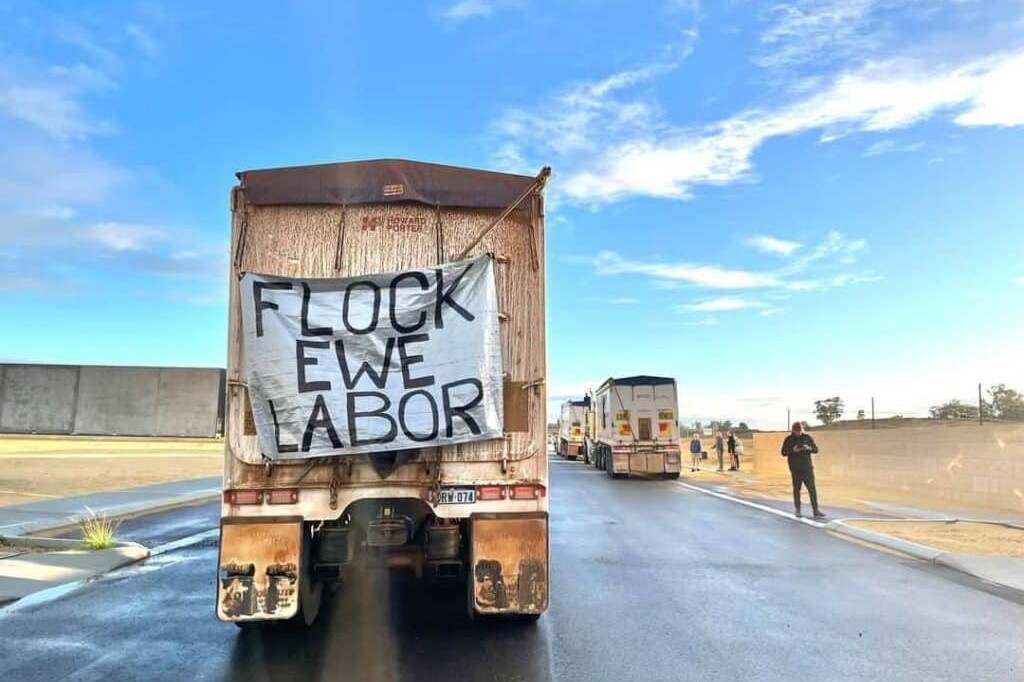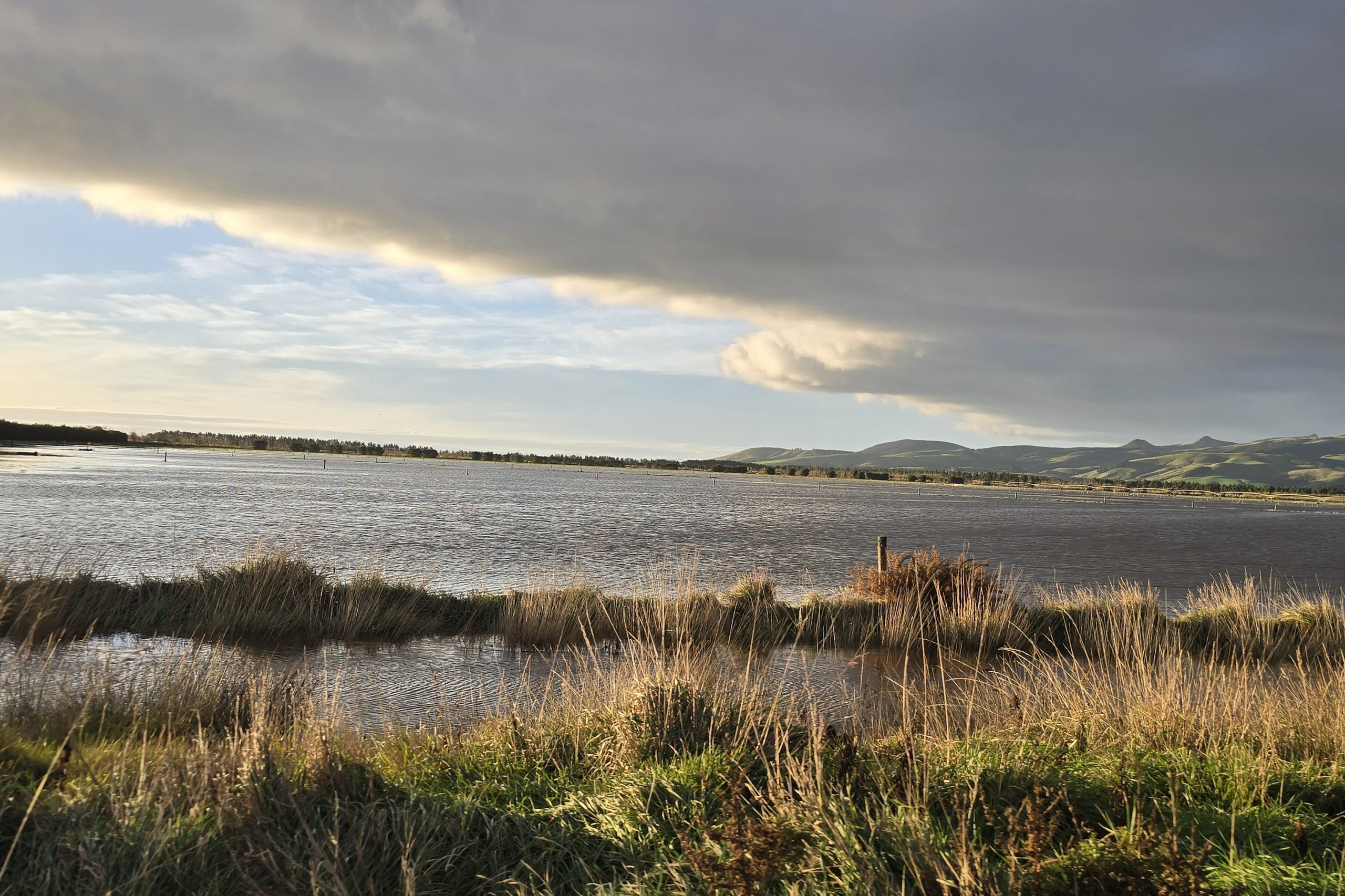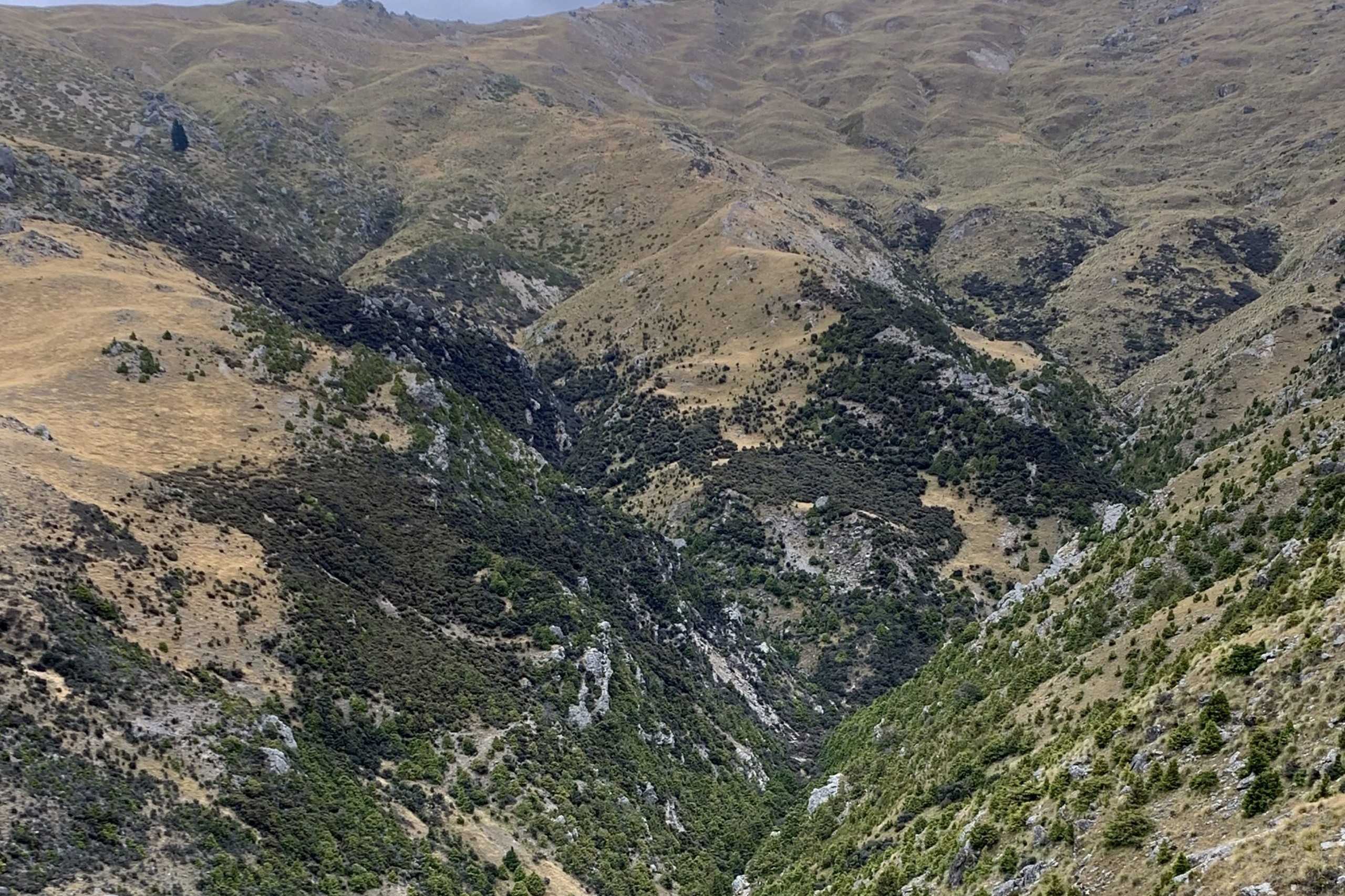By David Walston, Cambridge, England
It’s been a fairly average sort of autumn in Cambridgeshire so far – quite wet to begin with, then quite warm later on, but nothing to get really bothered about.
The contrast to last year is remarkable, however, when it was so dry our oilseed rape really struggled to get going at all, and it took until late spring before the fields stopped looking like stubble and started looking like a crop.
This year we already have waist-high plants and the companion species are verging on the out-of-control. In particular the vetch we put in there for weed suppression and nitrogen fixing is huge, and is threatening to drag down the rape plants over the winter. We’re going to have to spray it off soon, a couple of months ahead of schedule.
I’m certainly not complaining about this though, it’s a nice change to have a good-looking crop at this time of year and hopefully one that is big enough to deter pigeons from totally destroying it in February and March.
Elsewhere on the farm it was a little wetter than ideal when we started to drill our winter wheat and in hindsight we went a bit too early, given that in the middle of October everything was much drier and more friendly.
Overall it looks fairly decent, with no real slug activity to speak of.
“We have put in a couple of fields of hybrid cereal rye, as the market for this crop is growing fast in the United Kingdom”
Unfortunately the warm weather has meant we did need to treat a few fields for aphids, which is not something I like doing at all. Most of the area that we sprayed was done as half fields, so we can see if there is a big effect next year – it’s so important to not spray everything all of the time, otherwise how do you know if your money is going to good use?
This seems so self-evident to me I can’t believe more farmers don’t do it; in fact, some even argue actively that trying this out is a bad idea. Crazy.
After growing winter oats and barley for the last couple of years, we’ve decided to drop them from the rotation. This may look an odd decision, as winter barley was the only crop that produced a decent yield for us last harvest, but it doesn’t really add much to our rotation – and as my Dad likes to say, “Don’t farm last year”. Easy to say, not always easy to do.
Instead we have put in a couple of fields of hybrid cereal rye, as the market for this crop is growing fast in the United Kingdom. I’ve got a few neighbours who swear it performs much better than wheat on our light land at the south of
the farm, and also when drilled late after sugar beet. This brings me nicely on to the next topic, the beet.
In my last column I wrote “we started planting sugar beet in the middle of March using a one-pass system which combined strip tillage with the drill. Results have been mixed, with the light soil field working reasonably well, but the heavier areas range from mediocre to disastrous”.
It turns out that I was, very happily, wrong on this. The heavier land came through in the end and although it’s not a brilliant crop, we never had to write any of it off, which was a nice surprise.
That one is still in the ground, and will be until after Christmas, but the other field has been half-harvested.
Considering how mediocre it looked, and the fact it was accidentally drilled at only just above half the target seed rate, an adjusted yield of 91 tonnes/ha (14.5t/ha of sugar) is getting close to miracle status. True, we are probably 10% down on neighbours who used conventional establishment systems, but we would have been relieved with anything over 75t/ha. I think if the seed rate had been correct we would have easily broken into three figures.
The elephant in the room for UK farming (actually there are two, Brexit being the other) is the looming European Union decision on whether to re-license glyphosate. Unfortunately there is huge pressure on regulators to ignore science and go with a populist-led anti-Monsanto sentiment.
Whether it succeeds or not is unclear, but it could be disastrous for any attempts to farm more sustainably in the future. We have our fingers crossed.




